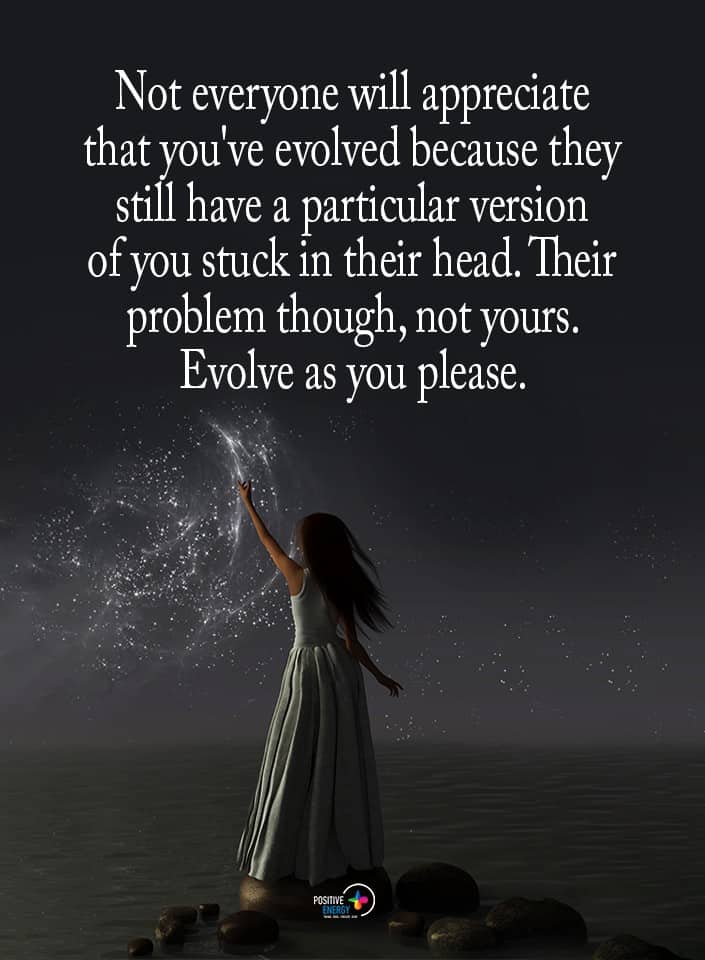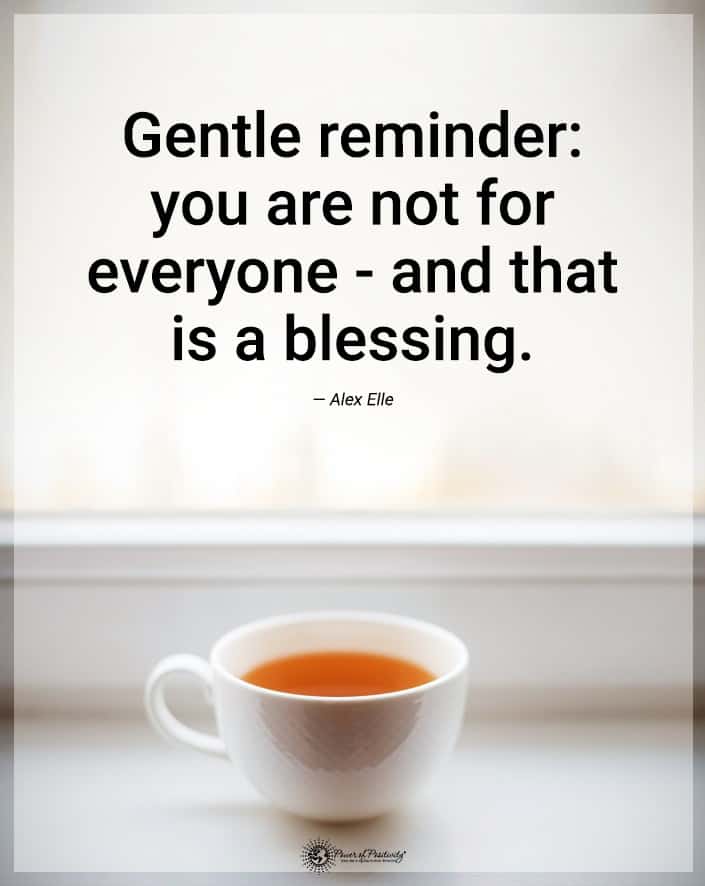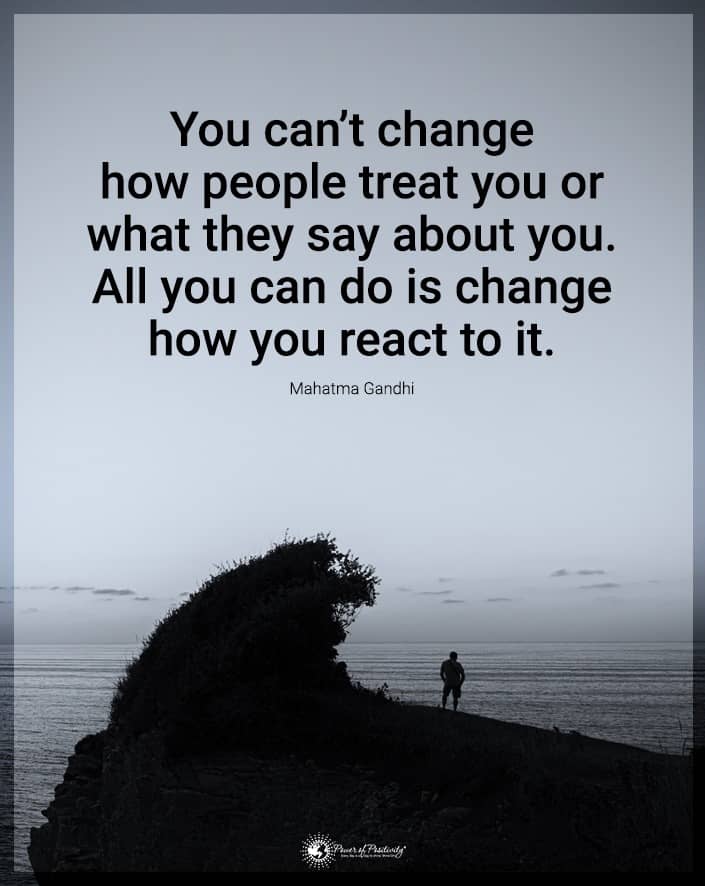Depression is a common mental health concern that affects millions of people. Life is tough, and if the daily grind isn’t enough to keep you down and blue, then you have the genetic factors that come into play. One of the most significant aspects of caring about someone with any mental health concern is making sure they have an extensive support system.
When going through depression, it matters who is around you, as some folks tend to make the situation worse. If you’re an animal lover, have you ever noticed how a dog turns its head from side to side and wags its tail when talking to them in a specific tone?
It’s not really what you’re saying that matters so much, but when you pay attention to them, it does good things for their mood. How much more do human beings need your time and attention to help them on their darkest days?
Ten Ways to Help People with Depression
If you’ve ever experienced the clutches of depression, you know that it can be debilitating. There are days when all you can do is get out of bed and get a shower. Sometimes, you won’t make it to the shower, so hygiene is always a factor in those severely depressed.
Now, you must understand that there are two different root causes of depression. According to a study conducted by Stanford Medical, about fifty percent of depression cases are genetics, which means the other fifty percent arise from adverse circumstances.
If your friend or loved one is suffering because of a divorce, job loss, family struggles, or other situations in life, you can help them change the habits that trigger the depression. Here are some ways to help people kick depression to the curb and take control of their life.

1. Acknowledge Their Depression
The worst thing you can say to someone down and out is that you know how they feel. While you may understand what’s going on based on your experiences, you cannot see how this person truly feels. Acknowledging them and what they’re going through is one of the nicest things you can do.
People want to feel like someone understands, and they don’t need anyone to minimize their issues or act like it’s not that bad. Emotional turmoil is a genuine issue, and sometimes a person who’s struggling wants someone to acknowledge that they’re not okay.
2. Get Them Out of The House
When someone is depressed, it’s only normal to want to isolate themselves. Hiding behind four walls is one of the worst things you can do when feeling blue, as it will only make matters worse. Get your friend or loved one out and about to boost their spirits.
If they feel like they’re not ready to go to a place with tons of people, take them to the park and let them bask in the sun’s golden rays. Getting out in Mother Nature is like good therapy for the soul, and there are so many places you can explore with them.
3. Get Them Moving
So many people are looking for a quick fix to their mental illness, and one of the best ways to get the help they need is to exercise. It can be just as effective as many touted treatments on the market. Offer to be an exercise buddy to someone who needs help with their depression.
According to Harvard Health Publishing, exercise is an all-natural treatment that can combat most mental illnesses. There are no side effects, it’s easy to do, and it’s like giving the body a dose of happy serum. When moving and grooving, your body releases feel-good hormones and improves nerve cell connections.
4. Listen To What They Have to Say
Growing up, you probably heard your parents tell you that children should be seen and not heard. Well, it’s not just children that need to observe being silent. There are times in life when it’s best to sit back and listen more than you speak, even as an adult.
When your friend is in an emotional upheaval, you want them to get everything bothering them off their chest. Don’t interrupt them and play psychiatrist trying to diagnose and fix their issues. Instead, let them speak and talk about how they feel. It’s good therapy for them, and it’s teaching you how to be a better listener.
5. Ask Them How You Can Help
When someone is going through a depression in their life, they may be struggling to keep up with things. Maybe they need help with their housework or taking their kids to practice. Asking a friend or loved one what you can do to help them is an excellent place to start.
If someone is already down and out when you add all the extra things they can’t seem to accomplish on top of it, it only makes things much worse. You want to make them feel better, so lightening their load might be an excellent place to start.

6. Encourage Someone With Depression to Get Help
Life is full of ups and downs, and every time you feel depressed, you don’t need help. However, each situation is different. Some people become so overwhelmed with their emotional state that they stop living.
Quickly analyze the situation and how bad things are with them. Encourage them to seek help and a professional opinion if it’s warranted. Not everyone who is blue needs intervention, but make sure they’re honest with you. Someone who is genuinely depressed can’t control it, and a brave face only works for so long.
7. Try Grounding Exercises
It’s often the case that when someone is emotional and blue, their world feels off-center. They may not know how or what to do, so it’s best to start with some simple grounding exercises. One of the best ways to help them reconnect is to take their shoes off and put their toes in the earth’s dirt.
The vibrational pull of the earth can be very healing to someone who’s lost their way. It helps to remind them that they’re still alive, there’s still a purpose, and they can readjust their outlook. There’s something so incredible about being outside.
Seeing the beauty around you, feeling the wind blow across your face, and noticing the gorgeous flowers can boost anyone’s mood. Listening to something as simple as the birds singing can do more than you can ever imagine for someone down and out.
8. Help Them Join an Online Depression Support Group
There’s power and strength in numbers, and it always helps to know that you’re not alone in your battles. There might be some local groups in your area, but many support groups online for depression. Just connecting with people walking the same path can be so healing.
Mental illness tends to make a person feel isolated and alone, but having a support group reminds them that so many more feel the same.
9. Help Them Fix the Situation That Triggers the Depression
For every problem, there’s a solution. If their situation is circumstantial, help them see a way to fix it. For instance, if your friend has a loveless marriage with a cheating spouse that’s got them down, then encourage them to seek couples counseling. They can and will find love again, but they need to know how to fix their union or release it.
10. Do a Random Act of Kindness
Sometimes, the best thing you can do for people is just some random act that shows you care. Maybe you should take them for dinner one night or buy them a gift certificate for a massage. Why not take them out to a movie and let them pick the show?
Taking time out of your busy schedule to help someone who’s feeling down is one of the best things. Why not send flowers, a box of candy, or show up and cook them dinner? If you get creative, you can think of some random act of kindness that will cheer them up.
Final Thoughts on Ways to Help Someone Beat Depression
There’s no definitive thing you can do to help your friend or loved one pull through their depression. You should never tell them it’s all in their heart or they need to get over it. Nor should you ever trivialize what they feel by telling them you’ve been through the same thing.
You must encourage this person to get out from behind the four walls and stop isolating themself. Then, it would help if you got them moving and back into the swing of things. Don’t become a crutch and develop a pattern of you playing therapist, but you should encourage them to seek therapy if necessary.
You will likely face a similar situation when life gets you down one day. Karma will bring all the good deeds you do to help others back to you in your time of need.



















